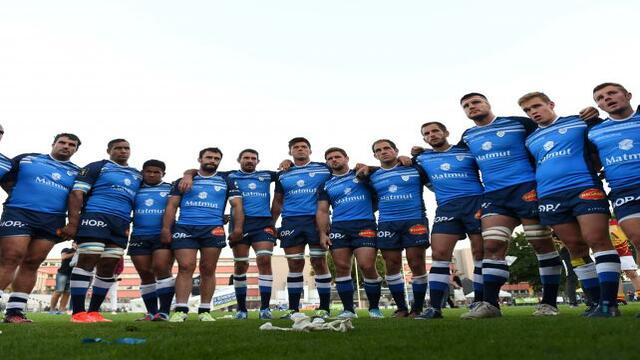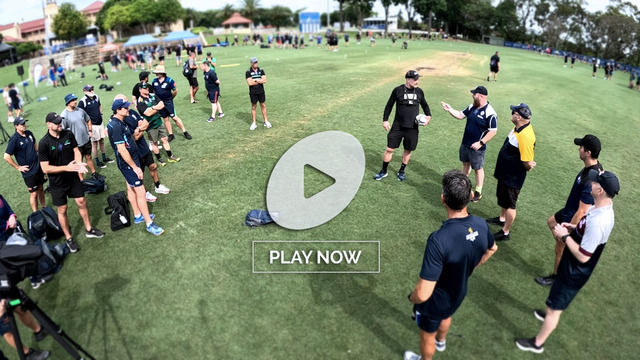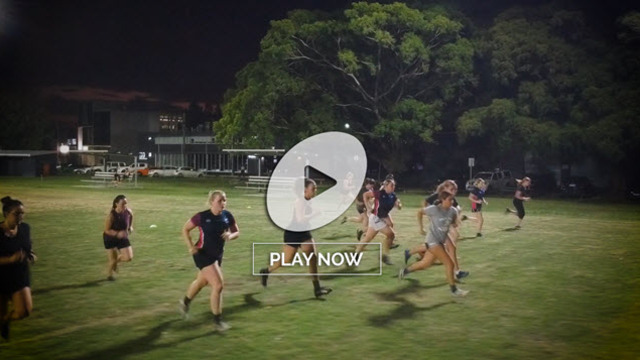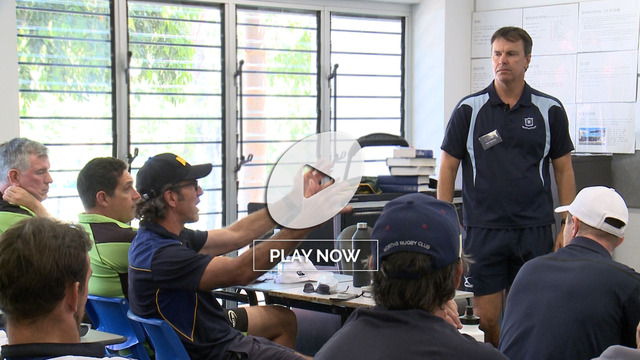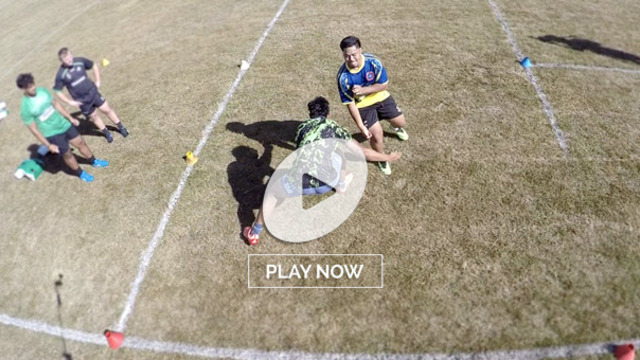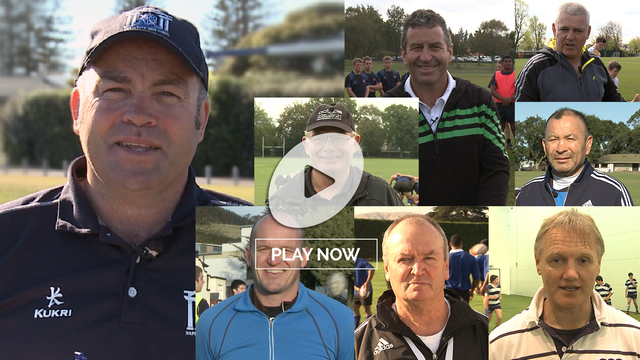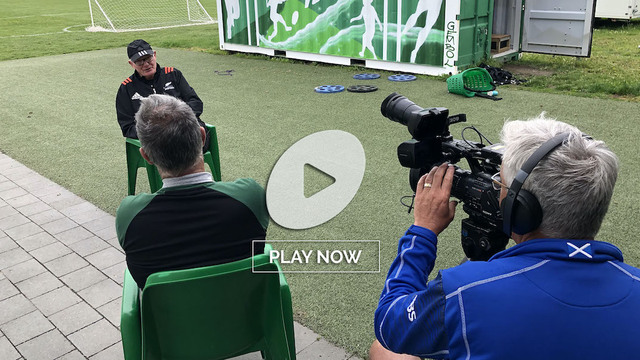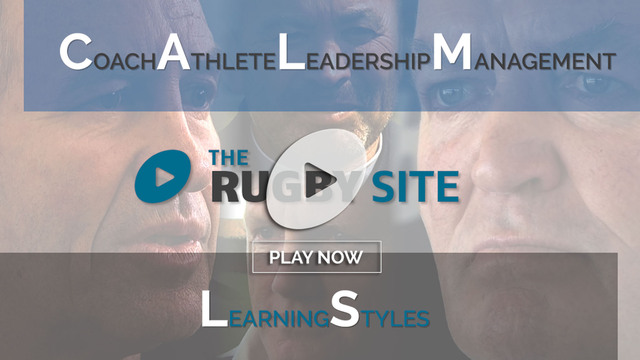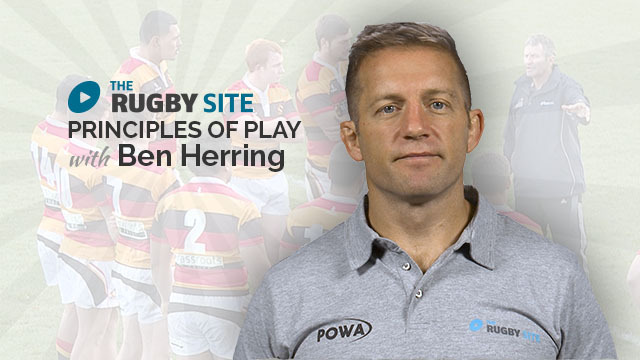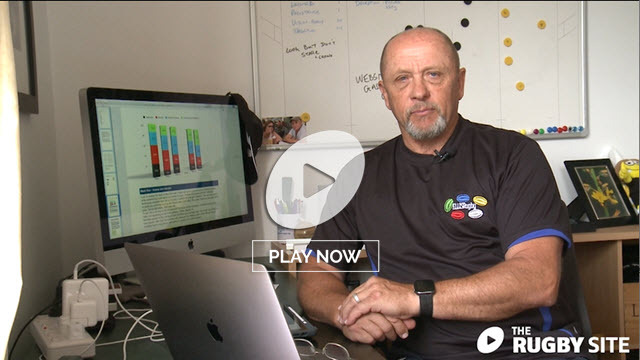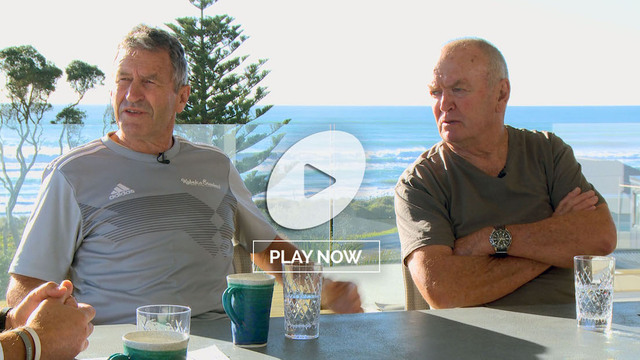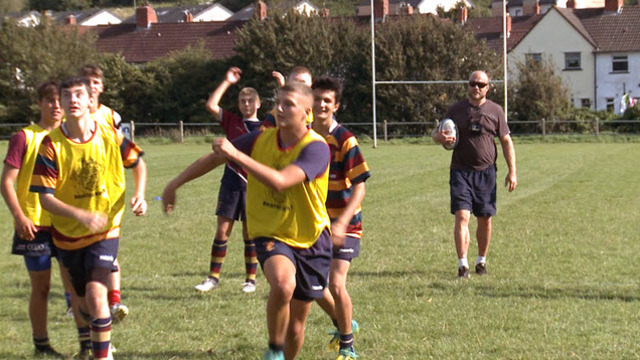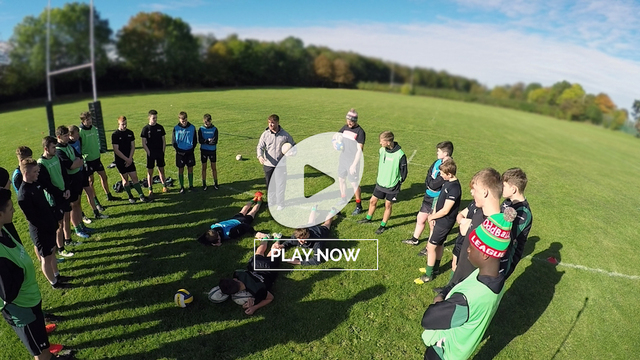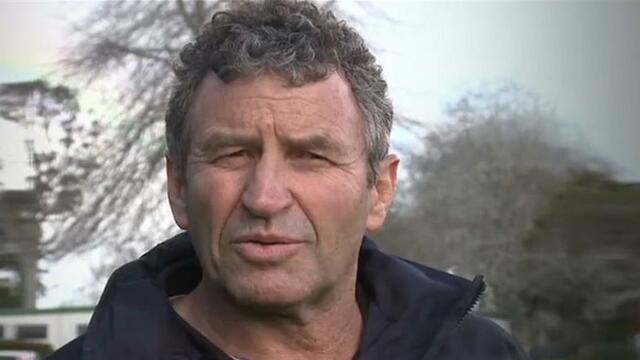To be, or not to be…Top 14 champions
“Le rugby, c’est l’histoire d’un ballon avec des copains autour et quand il n’y a plus de ballon, il reste les copains.”
– Jean-Pierre Rives
Victory is rightfully celebrated at the end of the season but the seeds of that success are sown many months before the silverware is awarded.
Pre-season is often key to delivering at crunch time and in the case of Top 14 champions Castres, it can provide a valuable reference point that refocuses the mind and unites a squad when results threaten to derail your campaign.
Castres coach Joe El Abd was a pivotal figure in his side’s incredible season that ended with a 29-13 victory over Montpellier in Paris last month and has offered a fascinating insight into the bond, or l’etat d’esprit, that paved the way to glory.
“The team spirit is really important to us, it’s the way we see rugby,” explained El Abd, who followed former boss Christophe Urios from Oyonnax to Castres in 2015.
“We haven’t got the biggest budget, we have the 11th biggest budget in the league, and while we have still got some very good players we have to think about how we are going to gain an advantage?"
“One way we can is by having a team spirit that means we are greater than the sum of our parts.”
Like most teams, Castres attempted to forge a winning and resilient mentality during pre-season but few if any of their rivals will have tasked their players with tackling stage fright.
“We start the season with our ‘Olympiades’, which is a bit of a tradition where we try to take them out of their comfort zone,” explained El Abd, whose playing career included spells at Bath, Bristol and Toulon.
“We don’t just do team building, we want to see how they behave in certain situations, and this year for example we had a theatre performance.”
Players and their families, a vital support network valued highly by the club, were divided into groups, given a working title of ‘What are the values of an Olympian?’ and instructed to put on a show.
“The quality of the productions was incredible considering they had limited drama experience and only had three weeks to prepare,” enthused El Abd. “In the end the theatre was packed with over 700 people and I think the players even surprised themselves in what they achieved."
“The boys could easily have said, ‘What am I doing this for? I am a rugby player! I don’t want to be an actor!’"
“But it was not about that, it was about sacrificing something for the team, getting out of your comfort zone and all that helps when it comes to building bonds and links with each other.”
Crucially, El Abd is adamant that you must continue to nurture this aspect of your operation, or ‘water the flower’, just like you would address the physical demands of the season.
“It is important to keep it going, you can take your eye off the ball quite easily and I think we did that at times and when you do that you pay the consequence,” recalled El Abd, whose side endured a rollercoaster season in terms of results and only confirmed their place in the play-offs in the last round of the regular season.
“Our strategy was simple, spend more time with each other outside of the rugby setting and put smiles back on faces. I really don’t think it matters what you do,” he explained.
“Sometimes we think that we are always spending time together due to the fact we train with each other everyday, however, I don’t think this time together always counts.”
A series of informal social gatherings outside of the normal rugby routine helped the players to reconnect, remember what was important and revitalise their title tilt.
“It shows that you always need to reflect on that side of the game as well as the technical side of things – which I also love,” said El Abd.
His dedication to improving the players’ skill set also involves regular trips beyond their comfort zone.
“I think it is also important to put pressure on players in training, create different scenarios,” he explained. “That’s quite a big problem because you don’t want it to be 100% contact if they have a huge game at the weekend. So how are you going to do that?"
“One of the ways we do that is to put them under pressure both physically and mentally. We said we were going to increase the intensity of what we do and the results followed – and the players loved it which is equally important."
“It allowed us to use training as a real learning tool as well, we would ask the players, ‘how did you deal with that situation?’, ‘what will you do in the future?’"
“It gave us lots of opportunities to coach and improve player development.”
Keeping the players happy and engaged can take many forms – including giving the players the opportunity to lead when it matters most.
“Everyone talks about being a coach who listens, who makes sure the project belongs to the players, it’s been around for years,” said El Abd. “Getting player ownership, it is also something we believe in, but how you achieve that is the question."
“Does it mean that they are in charge? There needs to be a coach behind it because they also need to learn. It is not only about them, let them do it but they need to have some form of education. Give them a bit of leash but also help them along that way.”
The ground work that included extensive scenario-based training and encouraged a player-led philosophy paid dividends in a crunch game on their way to the title.
“We had previously discussed the possibility of getting a red card and how we would react to such a situation and as if by magic, our hooker got a red card with 20 minutes to go!,” said El Abd, recalling a crucial moment in their quarter-final clash with Toulouse.
“Our captain, having been prompted to think about such a situation the night before went on to recount the story of how Racing had beaten Toulon in the final in 2016 with 14 men and how we were going to do the same."
“He communicated the principles we needed to follow in the final 20 minutes in clear terms. He was calm; outlined what needed to be done and in doing so gave the rest of the team belief."
“Sometimes you can lose focus and go off plan, but because we had talked about it, it helped us stay on plan and win the game and if we hadn’t won that game we would not have been champions.”
El Abd, who began his coaching journey with Toulon Under 18s while still playing for the French giants alongside the likes of Sonny Bill Williams, Jonny Wilkinson and Matt Giteau, is also determined to continue his own development and has actively sought insight to improve his coaching credentials beyond his qualifications.
“If you want to keep getting better, you need to look for inspiration outside your sport and sometimes within your sport,” he said.
“While I was playing at Toulon, before I had even really thought about being a coach although it was in the back of my mind, I took a trip over to Australia where I spent time with Australian Rules Football and NRL teams, looking at how they work, how they did things differently and trying to learn things."
“I have continued that as a coach and while I was with Oyonnax we went over to South Africa. Last year in pre-season we went to spend time with the -Toulouse handball and football teams and there were so many things we picked up."
“It’s not part of our role as coaches but part of our philosophy, part of our DNA.”
His playing career eventually came to a close with the then Top 14 newcomers Oyonnax where he combined a coaching role with the final year of his contract.
It was here that he formed a ‘strong bond’ with Urios, first as his captain and then as a fellow coach, and together they inspired what El Abd considers a more impressive achievement than even his recent Top 14 success.
“We ended up finishing 6th in the Top 14 (2014-15) and playing against Toulouse in the quarter-final where we lost by a point."
“Oyonnax had never been in the Top 14 and not long before had been 10th in ProD2, so to get promoted was impressive but two years later to find yourself qualified for Europe and in the quarter-finals was amazing.”
Plans are already under way for Castres’ title defence but don’t expect them to simply repeat their approach from last season.
“If you look at history, it has often been tough for the champions of the Top 14 but the last time Castres were champions they got to the final the following year. It is tough but it is also possible to have a great season."
“Will we repeat the process? If repeat the process is continually look to develop, continually look to get better, then yes, we will repeat that process."
“We will not be repeating the season we just had as that would mean we would be standing still. So we will be looking to continue our process, keep looking to get better all the time.”
However, one thing that will remain is the importance placed on team spirit.
“My favourite French rugby quote is from Jean-Pierre Rives,” explained El Abd, before detailing a saying that goes a long way to summing up his approach.
“Le rugby, c’est l’histoire d’un ballon avec des copains autour et quand il n’y a plus de ballon, il reste les copains.”
“The translation into English doesn’t do it justice,” he said, “it basically states that rugby is a story about friends playing with a ball and when the ball is no longer there it’s just the friends that remain.”
As far as El Abd is concerned, that’s the result that really matters.
